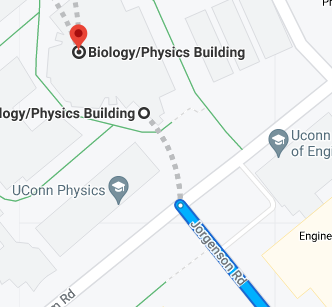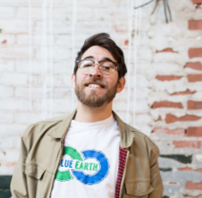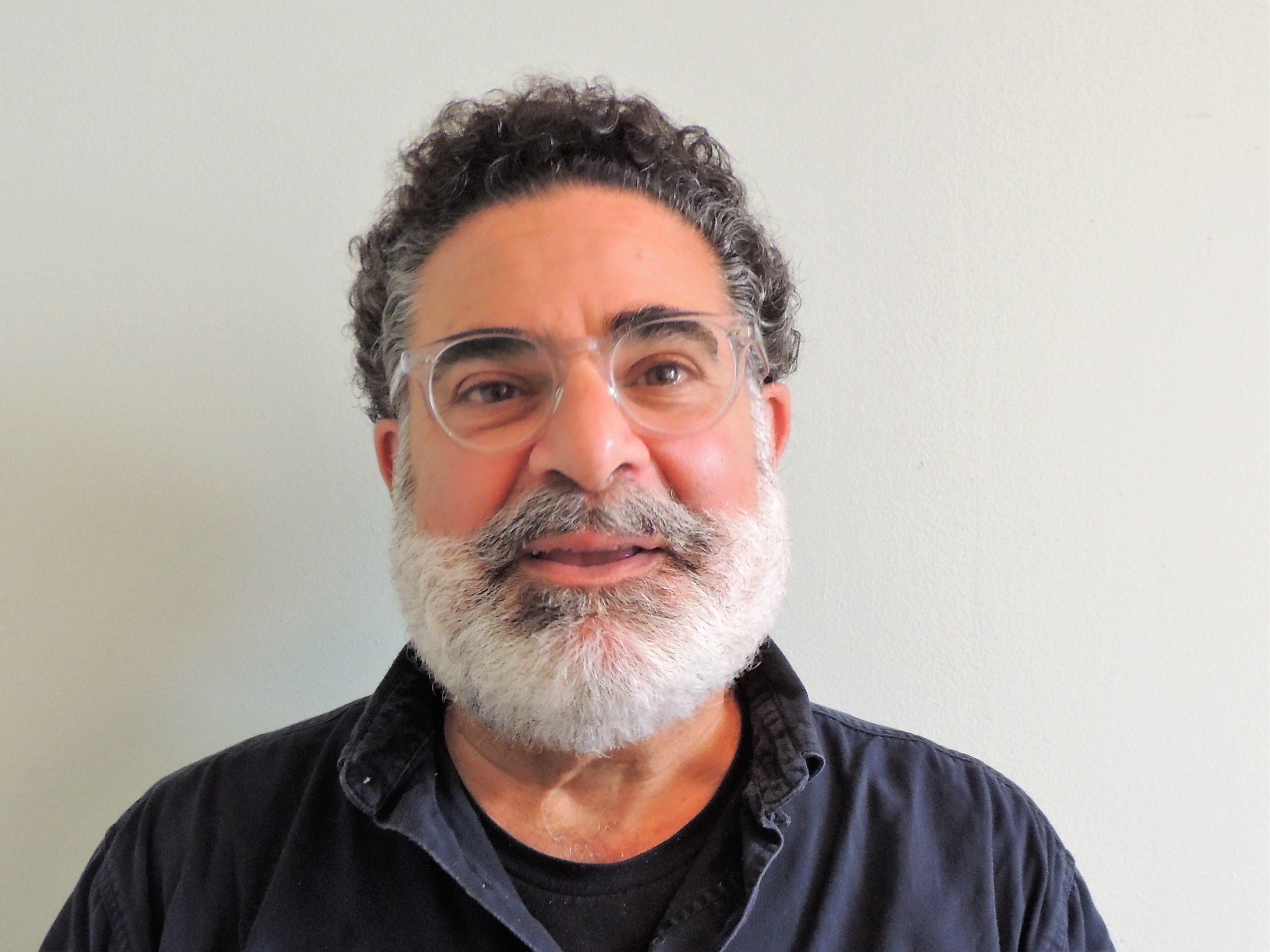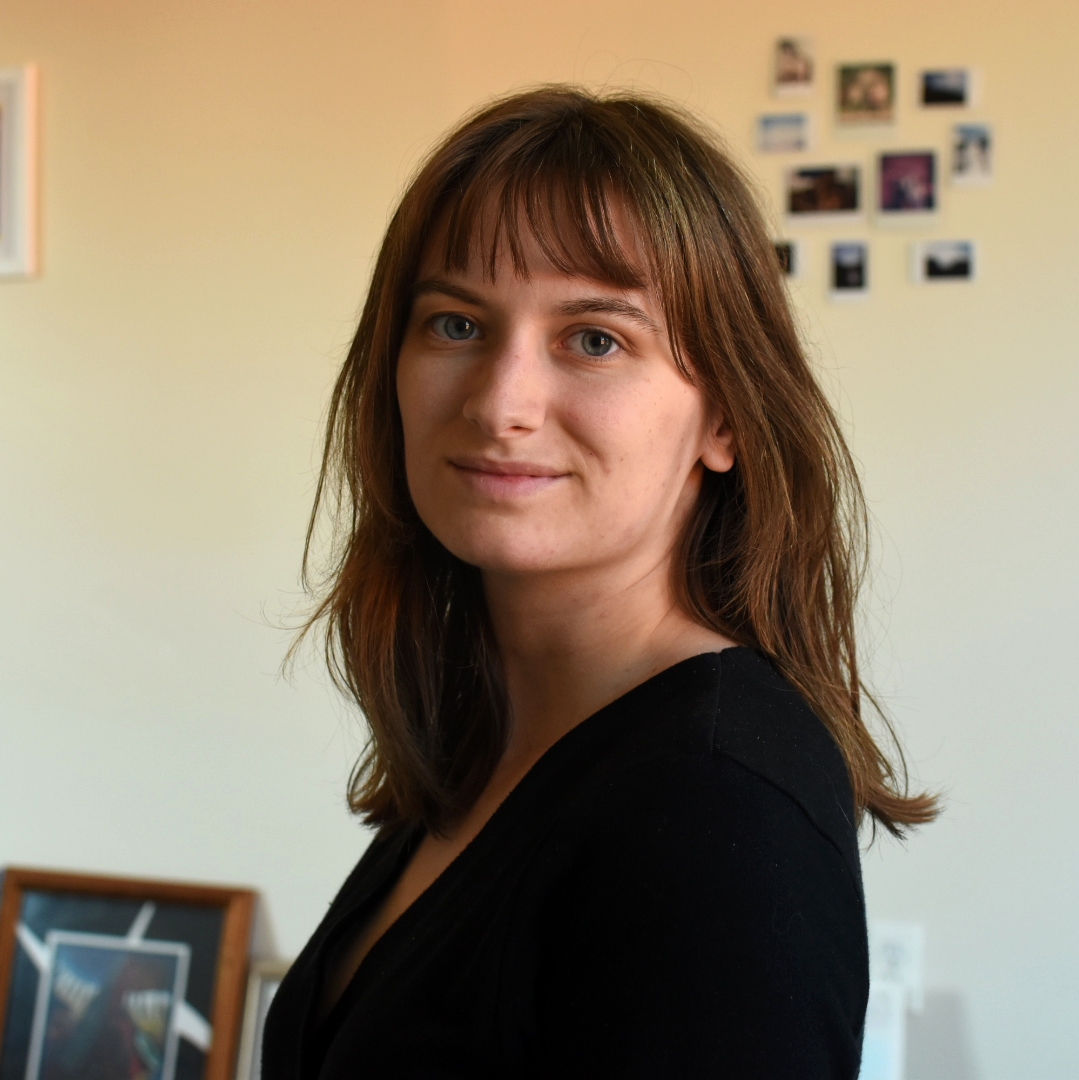UConn’s Office of Sustainability will be hosting a team of 11 AmeriCorps members this fall to implement campus and community led climate action. The positions are part of the Campus Climate Action Corps (CCAC) within national nonprofit and higher education civic engagement leader, Campus Compact. CCAC is the first nationwide AmeriCorps program solely dedicated to campus-based, community-led climate action. CCAC builds the capacity of campuses and their community partners to create change that leads to increased energy efficiency and improvements for at-risk ecosystems by implementing local solutions for underserved communities.
CCAC is also an inaugural Implementing Partner for President Joe Biden’s American Climate Corps, a new initiative working to address climate change and environmental injustice via workforce training and service. Teams of AmeriCorps members serving host sites around the US will facilitate collaborative efforts to promote environmental awareness and to mitigate the impacts of the climate crisis in their surrounding communities.
CCAC has recently received a grant from Serve Connecticut for a state based CCAC Connecticut (CCAC CT) cohort which will launch in September with an anticipated 40 CCAC CT AmeriCorps members serving at 8 different host sites throughout the state. As part of the CCAC CT team, two full-time and nine part-time positions will be supporting UConn’s sustainability efforts. The full-time Regional Campus Sustainability and Environmental Justice Coordinator will focus on coordinating sustainability and environmental justice efforts at UConn’s four regional campuses, the UConn Health Center, the School of Law, and in the communities they serve. They’ll lead sustainability education and outreach programming, assess campus and community needs, build relationships with community organizations working on sustainability and environmental justice initiatives, and help develop an environmental justice fellowship program for UConn. They’ll have six part-time student CCAC members to assist with related service projects.
The full-time EcoCaptains and Community Outreach Coordinator will focus on managing the EcoCaptain Internship program at UConn’s main Storrs campus. The EcoCaptain internship program places sustainability educators and ambassadors at each residence hall, where they host environmental programming and assist with the Office of Sustainability’s engagement events and behavior change initiatives focused on energy and water conservation and recycling. The new coordinator will provide leadership and mentorship in support of three additional part-time CCAC CT members to serve as EcoCaptains at several off-campus apartment complexes, The Oaks, Celeron Square and Carriage House Apartments. These members will be especially engaged in providing energy efficiency assessments for residents and leading community zero-waste efforts to reduce litter surrounding campus in collaboration with the Town of Mansfield.
Sally Slovenski, Program Director of the Campus Climate Action Corps shares, “We are inspired by UConn’s dedication to improving environmental stewardship for economically disadvantaged populations and look forward to working alongside its campuses in 2024-2025 to build community partnerships to reduce the impacts of climate change across the state!”
“The addition of these resources to support our growing regional campuses and students on and off campus could not have come at a more critical time. Climate change is already impacting our state and stands to disproportionately affect our most vulnerable communities in underserved and underrepresented areas. Energy costs have also never been higher, and commuter students already living near or below the poverty line stand to benefit especially from the energy efficiency audits and interventions provided by CCAC CT members. We are excited to have been chosen as a host site by CCAC CT and are eager to begin recruitment for these new AmeriCorps positions and student experiential learning opportunities,” says Patrick McKee, Interim Director of the UConn Office of Sustainability.
Application instructions will be posted on American Climate Corps website soon, with an expected start date of Sept 23rd, 2024.

 stainability issues like environmental justice, agriculture, energy or more? Does your club want to be more involved? Let’s connect!
stainability issues like environmental justice, agriculture, energy or more? Does your club want to be more involved? Let’s connect!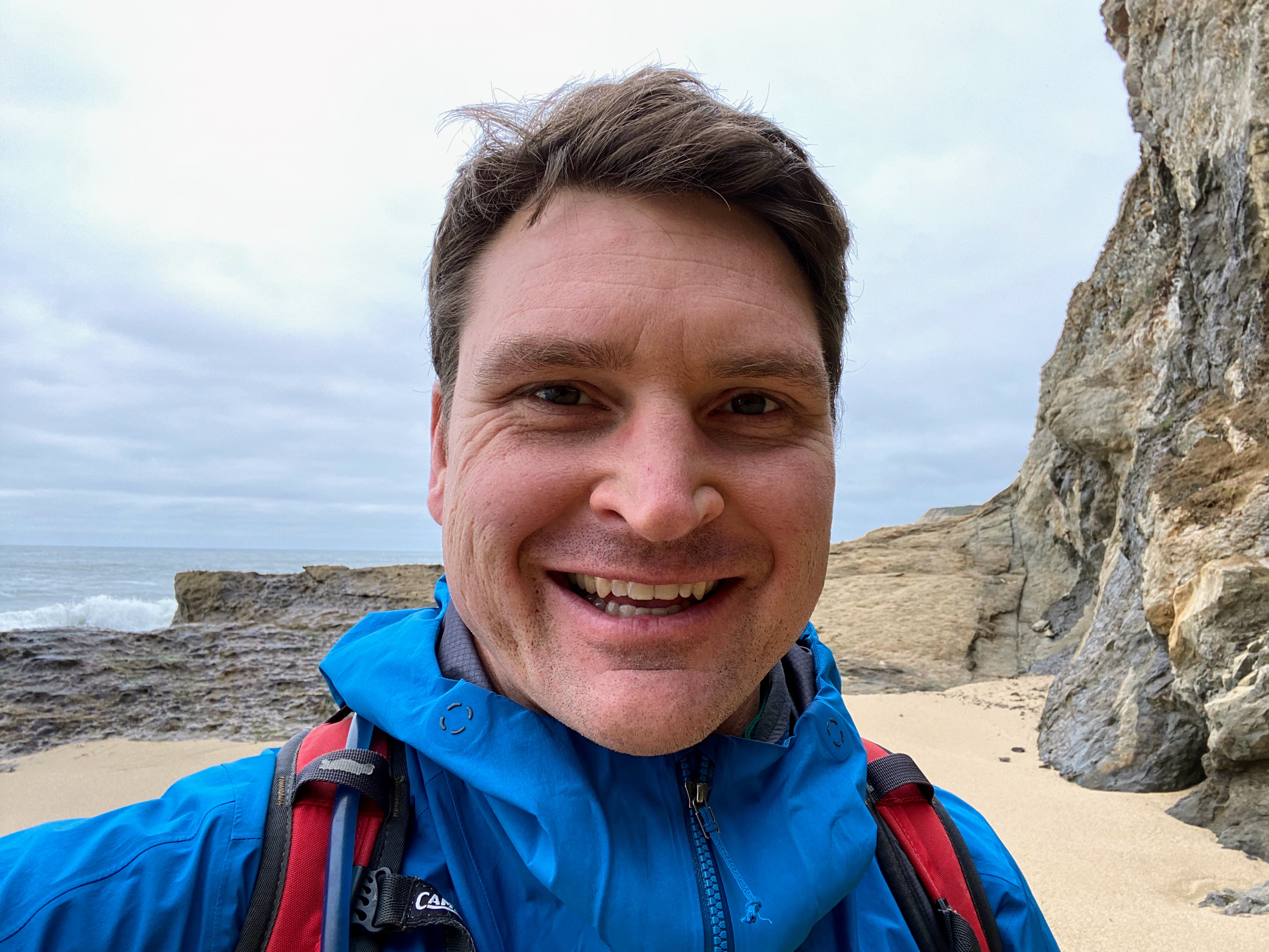 As director, Joe Fullerton will work with senior UConn administrators, students, faculty members and staff members to set and achieve sustainability goals for the university in areas like; climate action and resilience, energy and buildings, waste reduction and diversion, water resources, food and dining, grounds, purchasing, transportation, open space and natural resource stewardship and the intersection of these issues with environmental and social justice. The Office of Sustainability (OS) develops outreach and engagement programs that feature experiential learning to raise awareness and improve performance around sustainable practices and behaviors related to campus life and beyond.
As director, Joe Fullerton will work with senior UConn administrators, students, faculty members and staff members to set and achieve sustainability goals for the university in areas like; climate action and resilience, energy and buildings, waste reduction and diversion, water resources, food and dining, grounds, purchasing, transportation, open space and natural resource stewardship and the intersection of these issues with environmental and social justice. The Office of Sustainability (OS) develops outreach and engagement programs that feature experiential learning to raise awareness and improve performance around sustainable practices and behaviors related to campus life and beyond.